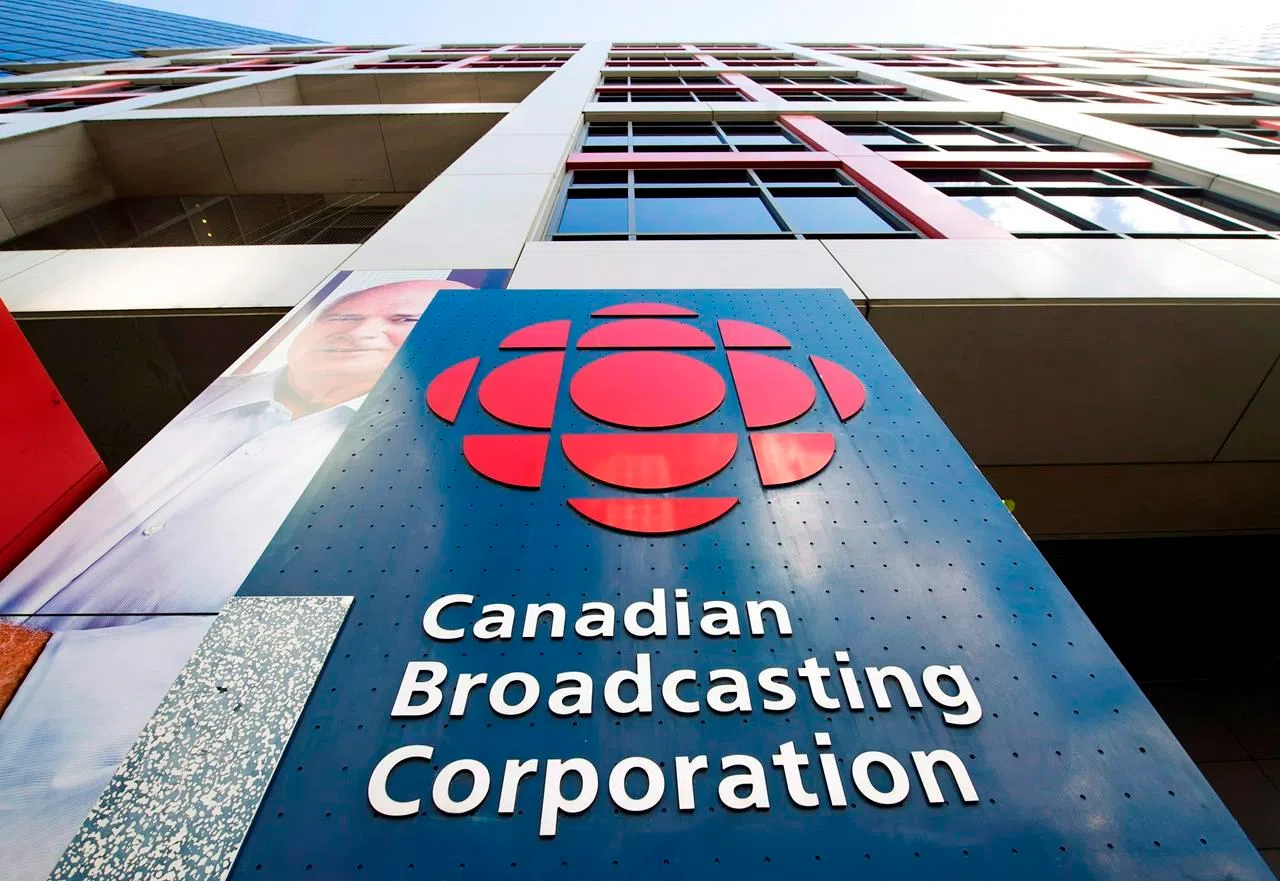
Liberals name Catherine Tait as CBC president, first woman to hold role
OTTAWA — Catherine Tait, a 30-year veteran of the Canadian and U.S. television and film industry, has been tapped to lead a digital revolution at CBC/Radio-Canada, becoming the first woman in the organization’s history to be named president and chief executive.
Tait, who will officially begin her five-year term at the public broadcaster in the summer, called the position a dream job during a Tuesday morning news conference on Parliament Hill alongside Heritage Minister Melanie Joly.
Tait said she wants the broadcaster to increasingly think digital in order to deal with the ongoing disruption across the broadcast industry — a symptom of evolving technology and consumption habits that allow consumers to access content anywhere and any time.
The CBC needs to remain relevant to the many audiences it serves, she added, calling on the Crown corporation to be an inclusive storyteller for Indigenous Peoples, women, newcomers and LGBTQ communities, as well as a creator of quality local content.


